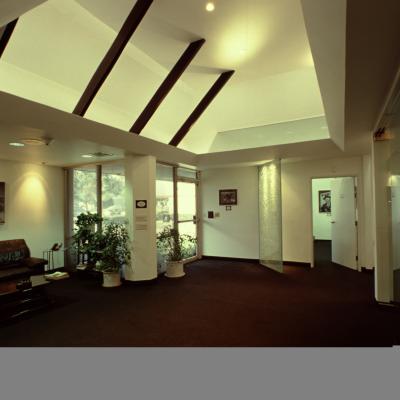When communicating with your design team or anyone, it is imperative to define keywords. Those keywords might have different definitions than your expectations of them.
It is that way with me. Maybe it is my dyslexia, or maybe not. I find others with the same problem. The more I study the more I see words used with different meanings.
For me, Next Friday is not tomorrow’s Friday it is the following one. The word Permit does not describe what the permit is, one needs to say the grading, or planning, or building, or mechanical, electrical, or plumbing permit. Therefore, I say do not say permit without defining it each time. I have the same problem with the word Done. Is it a piece of the project or phase of service, the construction documents are though plan check and 100% approved, or is it the specific task you are on is complete but still needs checking? I need the definitions at the time of use. ASAP, as soon as possible, does not say I need it at the end of the day. Define what you want without the generalities. If one uses the service title of Out Of Scope, did that mean out of budget? Maybe you were working on a specific job scope that was not approved yet. Start with the Approval so everyone is on the same page. Wait to start until the written word is approved for that service. You do need written approval to provide services by law as an architect. That is one definition of Approved. Again the word Out Of Scope needs to be defined. Not in Contract N.I.C., also needs to be understood before providing services. These last 2 comments relate to Scope Creep within a service project. The words count.
Using the phrase Has Been always related to a negative old postulate, not the positive forward-looking people like. Know what others might be thinking as you communicate. It helps all parties to the communication. Words and phrases are all interpreted differently by others, even coming from the same family, so it is not always about culture or country.
When composing a memo it can be direct, to the point, and all business. That saves time. It can also include a quick how are you, or thanks for your support as a personalized message. I like that approach.
People are in a hurry now at days. They want precise communication. They want simple direct answers to their questions or ideas. I like to take a long way and start with all the possibilities. In most cases that is not as time or cost-effective as it used to be. Now answer a question with a direct answer. Then if an explanation is asked for, give one. Understand the other party’s expectations in communicating. Study whom you are talking to ahead of time. It could make a big difference.
I talk about a game plan all the time. It turns out within my office the big defining document to manage a project is actually the Plan of Action. The Game Plan being more specific at each phase of service is within the bigger Plan of Action. So my words confuse staff and create extra work for staff unless the words or terms are defined. It is great from time to time to sit down with staff and others just to check on what some common words or phrases mean to others and lock in how they are to be used in your professional setting.
Keep your eyes wide open when communicating.










